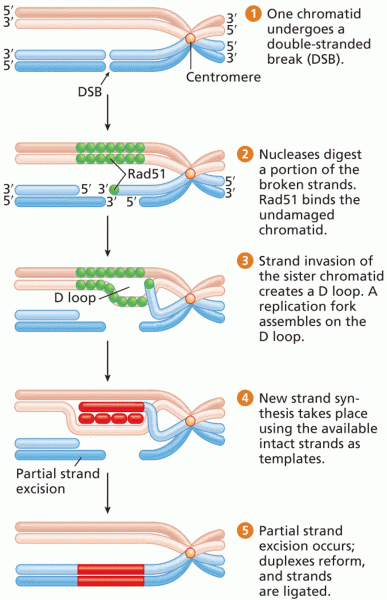Answer to Question 1
ANS: C
Self-differentiation refers to a person's capacity to define himself or herself within the family system as an individual having legitimate needs and wants. It requires making I statements based on rational thinking rather than emotional reactivity. Self-differentiation takes into consideration the views of others but is not dominated by them. Poorly differentiated people are so dependent on the approval of others that they discount their own needs. Emotional cutoff refers to a person's withdrawal from other family members as a means of avoiding family issues that create anxiety. Emotional cutoffs range from total avoidance to remaining in physical contact, but in a superficial manner. Emotional cutoffs contain a negative anxiety that drains personal energy. The problems creating the emotional cutoff persist. Rigid boundaries are operative in families with little interaction between members and family secrets. Rigid boundaries restrict flow of information. Interaction with outsiders is discouraged, or heavily regulated.
Answer to Question 2
ANS: B
Triangles refer to a defensive way of reducing, neutralizing, or defusing heightened anxiety between two family members by drawing a third person, or object into the relationship. If the original triangle fails to contain or stabilize the anxiety, it can expand into a series of interlocking triangles, for example into school issues or an affair. Systems' thinking maintains that the whole is greater than the sum of its parts, with each part reciprocally influencing its function. If one part of the system changes or fails, it affects the functioning of the whole. Feedback loops describe the patterns of interaction that facilitate movement toward morphogenesis, or morphostasis; they impact goal setting in behavior systems. Multigenerational transmission refers to the emotional transmission of behavioral patterns, roles, and communication response styles from generation to generation. It explains why family patterns tend to repeat behaviors in marriages, child rearing, choice of occupation, and emotional responses across generations, without understanding why it happens.







